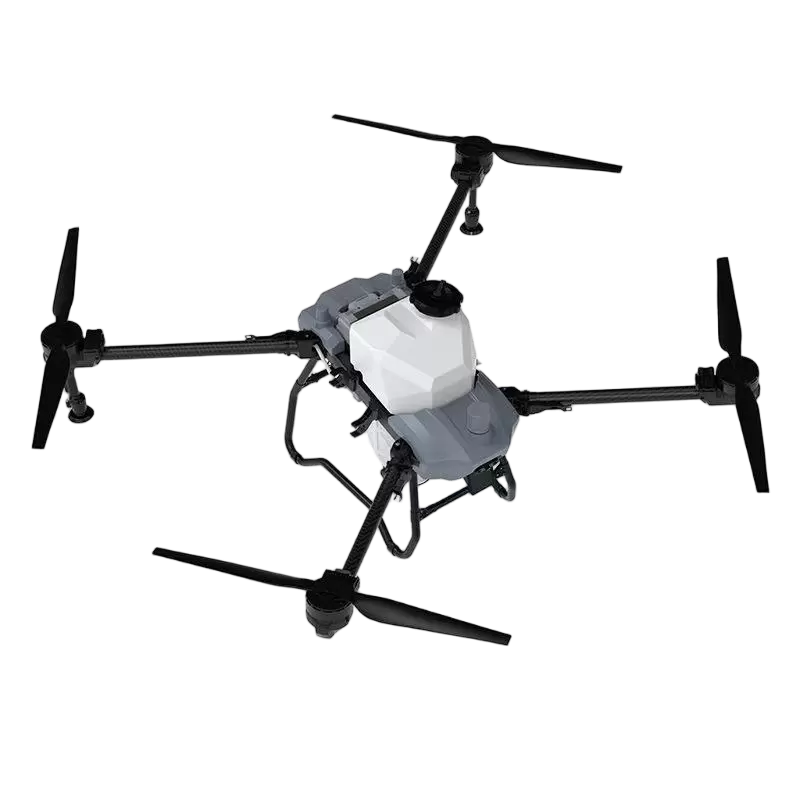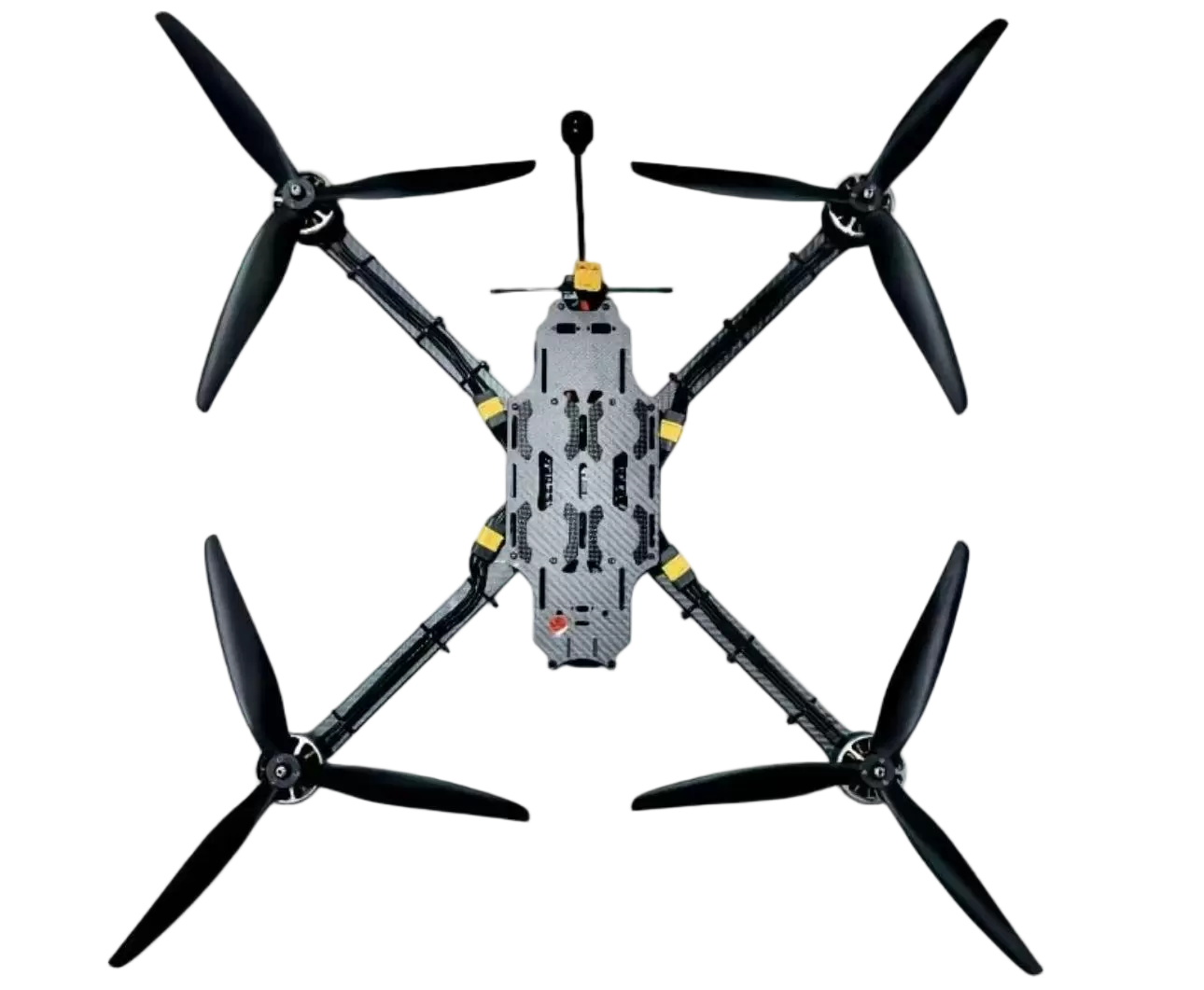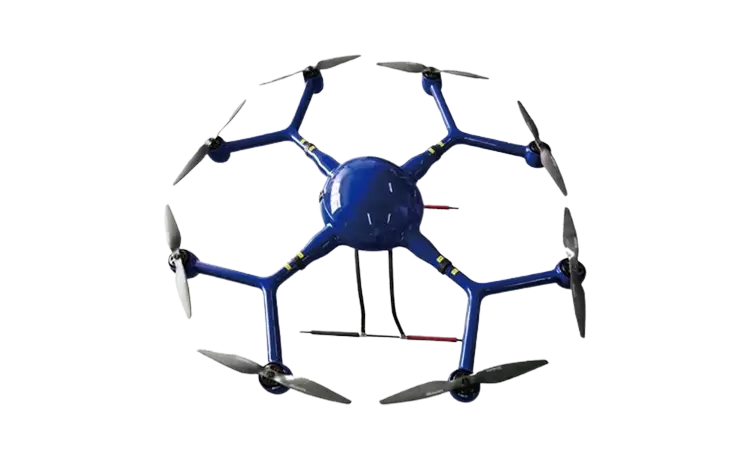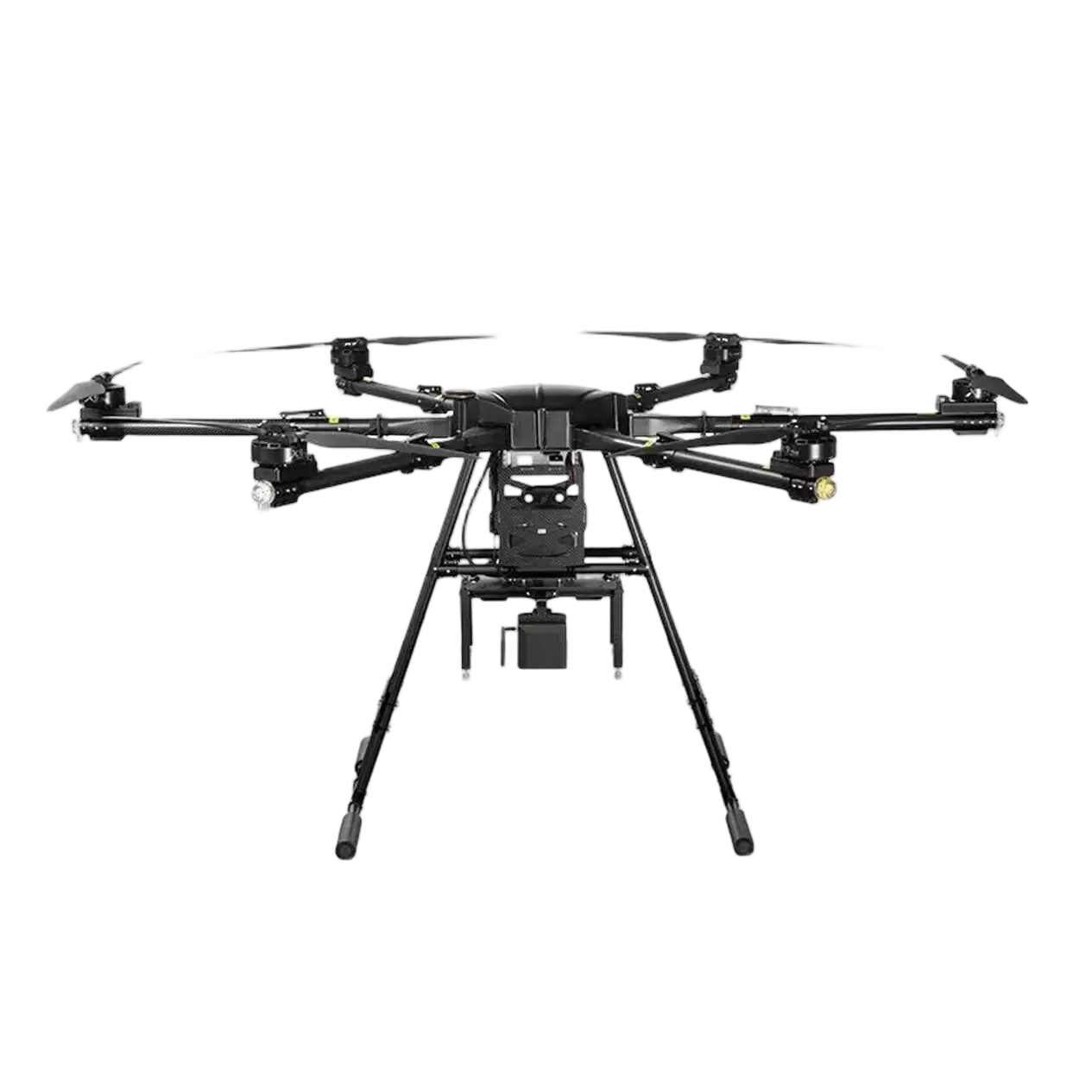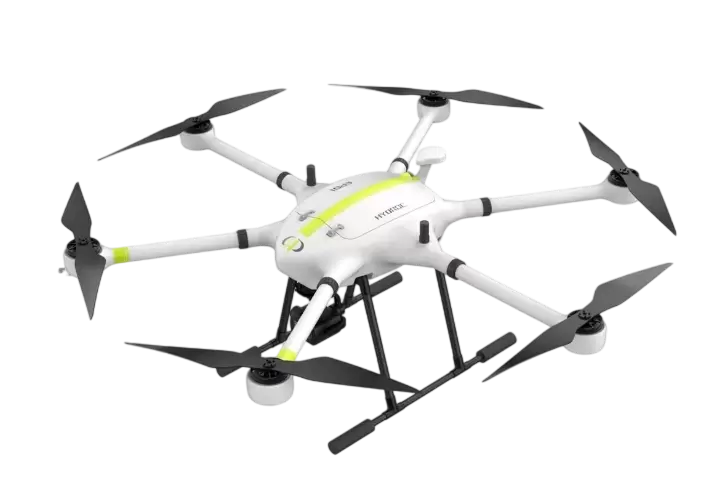The agricultural industry is undergoing a digital transformation, and one of the most powerful technologies driving this change is multi-rotor drone agriculture. As farmers around the world face challenges such as labor shortages, climate variability, and the need for sustainable food production, drones are emerging as indispensable tools for precision farming. They bring together automation, data analytics, and high-efficiency power systems to make agriculture smarter, faster, and more sustainable.
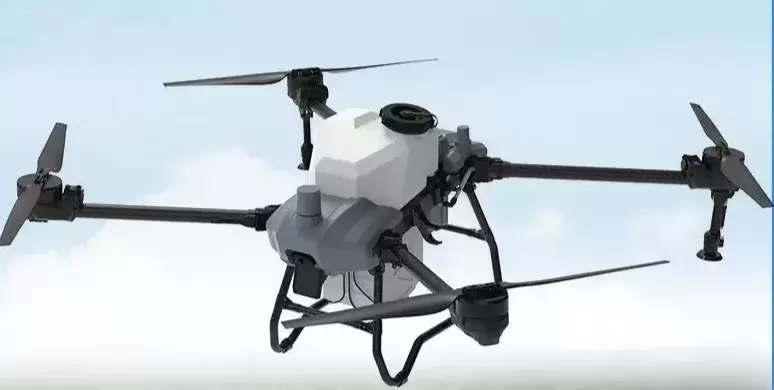
The Rise of Multi-rotor Drone Agriculture
Traditional farming methods often rely on manual labor and ground-based machinery, which can be slow, inefficient, and resource-intensive. By contrast, multi-rotor drones—equipped with advanced sensors, cameras, and spraying systems—offer a bird’s-eye view of crop fields and enable precise operations that were once impossible.
Unlike fixed-wing drones, multi-rotor models can hover, fly vertically, and navigate complex terrains with agility. This makes them ideal for various agricultural applications, from aerial mapping and crop monitoring to pesticide spraying and soil analysis. Their versatility and precision allow farmers to make data-driven decisions that optimize yield and reduce waste.
1. Precision at Every Level
Precision farming is all about applying the right treatment at the right time in the right place. Multi-rotor drones make this possible by using high-resolution imaging and GPS navigation to gather and process detailed field data.
Farmers can use this data to:
Detect nutrient deficiencies or pest infestations early.
Map variations in soil moisture and crop growth.
Plan irrigation and fertilization schedules with pinpoint accuracy.
This level of precision helps minimize the overuse of chemicals and water, improving both productivity and sustainability.
2. Smarter Crop Spraying and Fertilization
One of the most transformative uses of multi-rotor drone agriculture is automated spraying. These drones can carry large payloads and deliver pesticides or fertilizers evenly across fields. Unlike manual spraying, which is time-consuming and inconsistent, drones ensure uniform coverage and optimized dosage.
Advanced flight control systems allow the drone to adjust its spraying rate based on altitude, wind conditions, and vegetation density—reducing waste and environmental impact. Moreover, drone spraying dramatically cuts labor time and eliminates worker exposure to harmful chemicals.
3. Data-driven Decision Making
Modern agricultural drones are not just flying machines; they are intelligent data collection platforms. Using multispectral, infrared, and thermal sensors, they can capture valuable information about plant health, soil temperature, and field conditions.
When integrated with AI-powered analytics, this data helps farmers predict potential issues and plan preventive measures. The result is a data-driven ecosystem where every decision—from seeding to harvesting—is based on accurate, real-time insights.
4. Reduced Costs and Environmental Impact
Incorporating multi-rotor drones into farming operations leads to measurable cost savings. The automation of spraying, monitoring, and data analysis reduces the need for manual labor and heavy equipment. Drones also minimize the overuse of pesticides and fertilizers, lowering input costs and protecting the ecosystem.
In large-scale agricultural settings, drones help conserve energy and reduce the carbon footprint associated with traditional machinery. This shift toward green and efficient farming aligns with global sustainability goals.
5. Powered by High-Performance Brushless Systems
The performance of agricultural drones largely depends on their power systems, which determine flight stability, endurance, and payload capacity. This is where companies like Jiangxi BonSure Technology Co., Ltd. play a crucial role.
As a comprehensive enterprise integrating R&D, production, and export, Jiangxi BonSure Technology specializes in the development and manufacturing of high-performance brushless motor systems and multi-rotor drones. Originally focusing on firefighting and rescue drones, the company has expanded its expertise into the agricultural sector, offering propulsion solutions that combine efficiency, reliability, and precision control.
BonSure’s brushless motors are designed for:
High torque and energy efficiency — ensuring longer flight times and stable performance.
Low vibration and noise — ideal for sensitive agricultural environments.
Durability and consistency — essential for continuous operation under harsh field conditions.
By integrating advanced motor systems, BonSure enhances drone stability and spraying accuracy, empowering farmers with tools that perform flawlessly in real-world agricultural scenarios.
6. Shaping the Future of Smart Agriculture
The integration of multi-rotor drones with AI, IoT, and big data is transforming how farms operate. Drones are no longer standalone tools; they are key components in connected smart farming systems.
In the near future, autonomous fleets of drones will handle continuous crop monitoring, real-time pest detection, and even automated fertilization—all coordinated through cloud-based management platforms. This will enable farmers to manage vast fields efficiently from digital dashboards, revolutionizing agricultural productivity.
With innovators like Jiangxi BonSure Technology Co., Ltd. pushing the boundaries of drone engineering, the potential of precision farming will continue to expand. High-performance brushless motor systems will remain at the core of this progress, ensuring that drones operate with maximum stability, efficiency, and precision.
Conclusion
The future of farming is smart, efficient, and data-driven, and multi-rotor drone agriculture is leading the way. From precision spraying to intelligent crop monitoring, these drones are transforming how farmers interact with their land.
By harnessing technologies developed by industry leaders such as Jiangxi BonSure Technology Co., Ltd., farmers gain access to advanced brushless motor systems and reliable drone platforms that combine power, precision, and sustainability. As agriculture continues to evolve, drones will not only enhance productivity but also ensure a more sustainable and resilient global food system.






